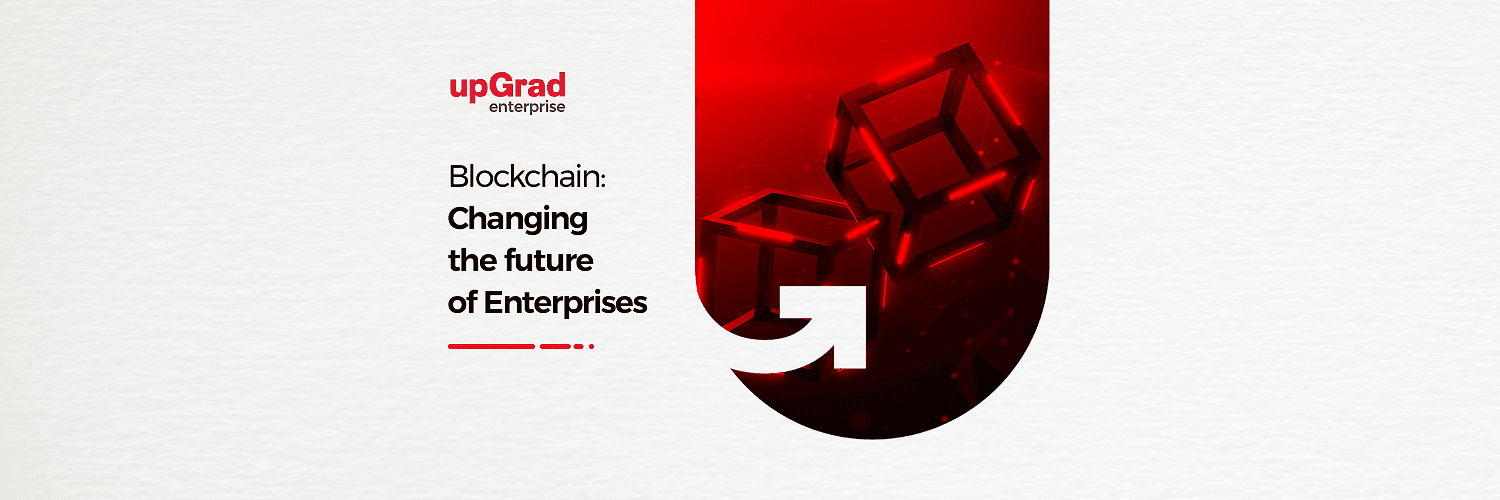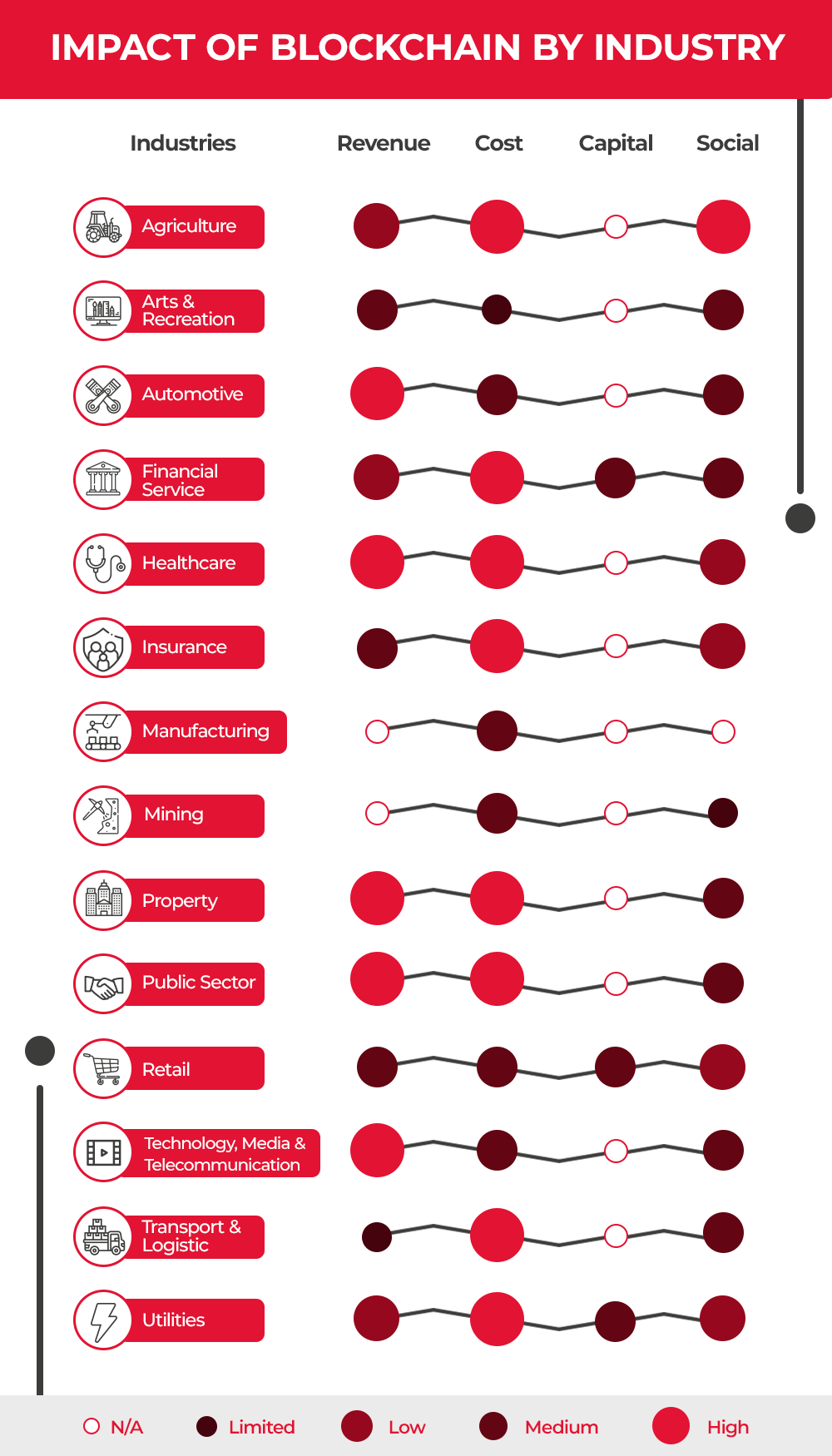In the changing digital landscape, few technologies are being touted as disruptions. Blockchain is one of them. Blockchain is a suite of distributed ledger technologies used to record and track anything of value from financial transactions to weather patterns to even new vaccine development records.
With the potential to completely revolutionize the way we interact with each other, it’s quickly gaining momentum across industries right from the supply chain, logistics to energy, transportation, BFSI, and pharma.
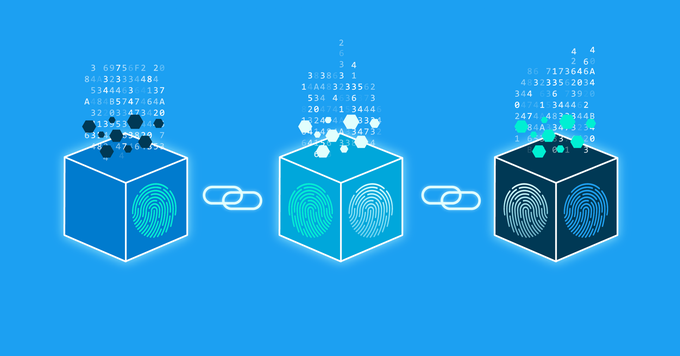
What is Blockchain?
Derived from the distributed ledger, Blockchain is a collection of individual records called as blocks, linked together in a single list, hence forming a chain. Here each transaction is “chained” to the previous one in a sequence and is recorded without any interference, forging a great deal of trust, transparency, and accountability while adding an unbreakable layer of security.
If you change the information recorded in a particular block, you don’t re-write it; instead, the change is stored in a new block with a time, date, and personal stamp. It’s a non-destructive way to make data changes over time. Simply put, it enables businesses to keep the encrypted record of all transactions, making it difficult for one user to control the network.
It is the combination of all these factors, decentralization of the data, adding trust to it, and allowing us to interact directly with one another, which gives Blockchain technology the potential to underpin the way we interact with each other.
How does Blockchain work?
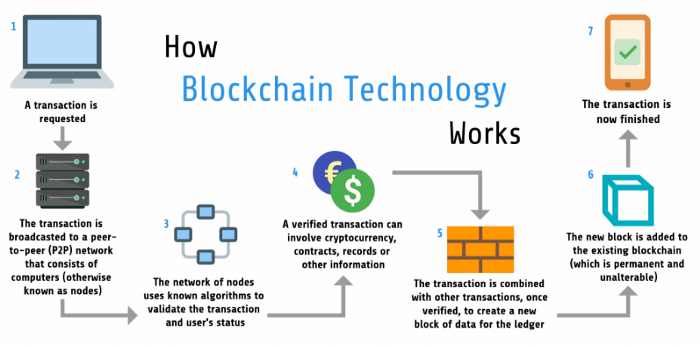
What makes Blockchain unique?
By enabling collaboration based on shared data, participants in these blockchains remove the need for third-party intermediaries and establish consensus-based trust. Because Blockchain creates a single source of truth in which data cannot be changed with all parties approving the change. The distributed ledger of a blockchain can store any information, reducing overhead and eliminating manual processes by establishing tamper-proof, immutable records.
What are Blockchain’s real-world use cases?
“Digital has brought in true democracy erasing borders in every sense, practical, psychological, and physical. Blockchain will play a key role in infusing trust in this ecosystem by eliminating intermediaries and allowing the exchange of any value between peers “.
– Ghanashyam Das, Senior Advisor, upGrad Enterprise
You can improve your understanding of the Blockchain by looking into the use cases and its potential impact. The following image illustrates the impact of Blockchain in multiple industries in various sectors.
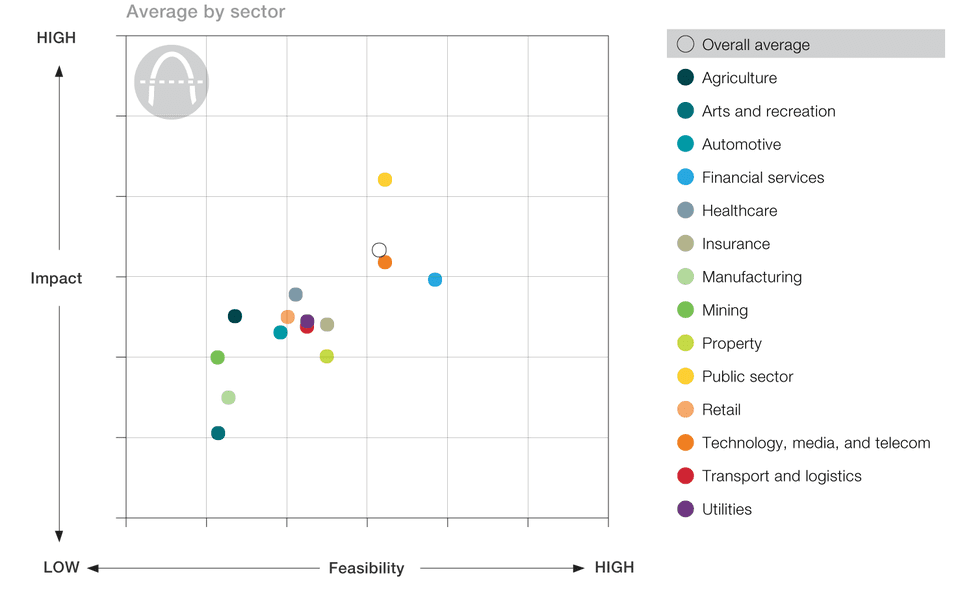
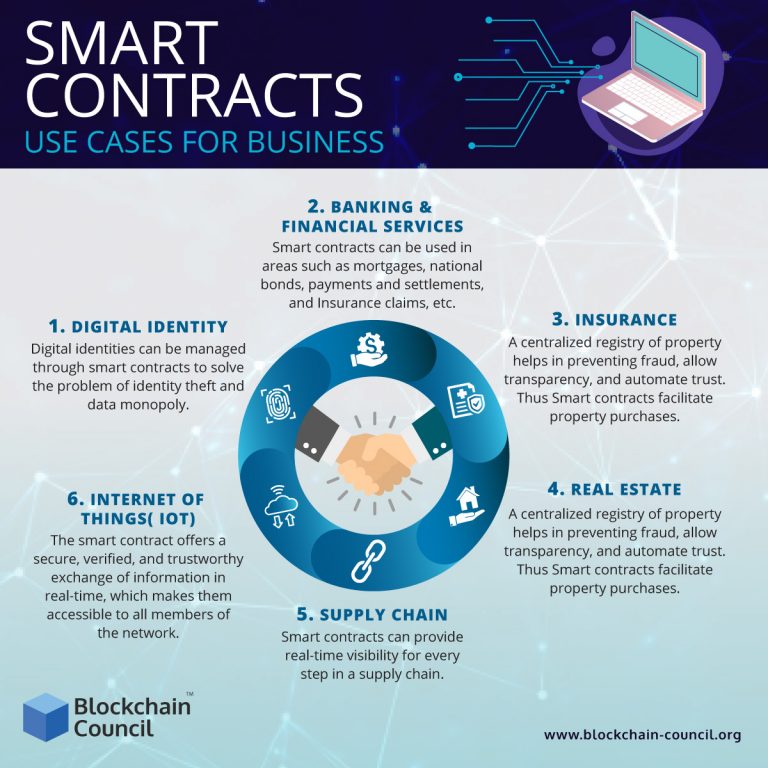
Here are some of the most prominent sectors where the blockchain adaptation is growing exponentially.
1) Fintech
With the rise in seamless digital transactions, the rate of fraud and identity theft is rising exponentially. Not only fraudulent transactions, verifying KYC, enabling better encryption of financial data is the need of the hour. With its decentralized networks, Blockchain will make millions of transactional user data much safer and more efficient.
The following are some of the Blockchain’s most significant advantages:
✔ All entities are accessing the same version of the shared ledger.
✔ Increased access to capital, because it’s not caught up in long settlement times or errors and disputes
✔ Increased trust and accountability among enterprises, regulators, and consumers
For more information on how Blockchain influences FinTech practices in real-time check.
2) Insurance
Claims processing is a crucial part of the insurance industry; it is essential to verify an insurable event and facilitate beneficiaries with legitimate claims.
The pre-determined policy conditions can be mapped into a smart contract which will execute itself on event occurrence. Hence, providing customers with pre-determined claims.
The benefits of insurance are as follows:
✔ Eliminates the cost of processing insurance claims
✔ Reduces the opportunity for insurance fraud
✔ Improves customer satisfaction
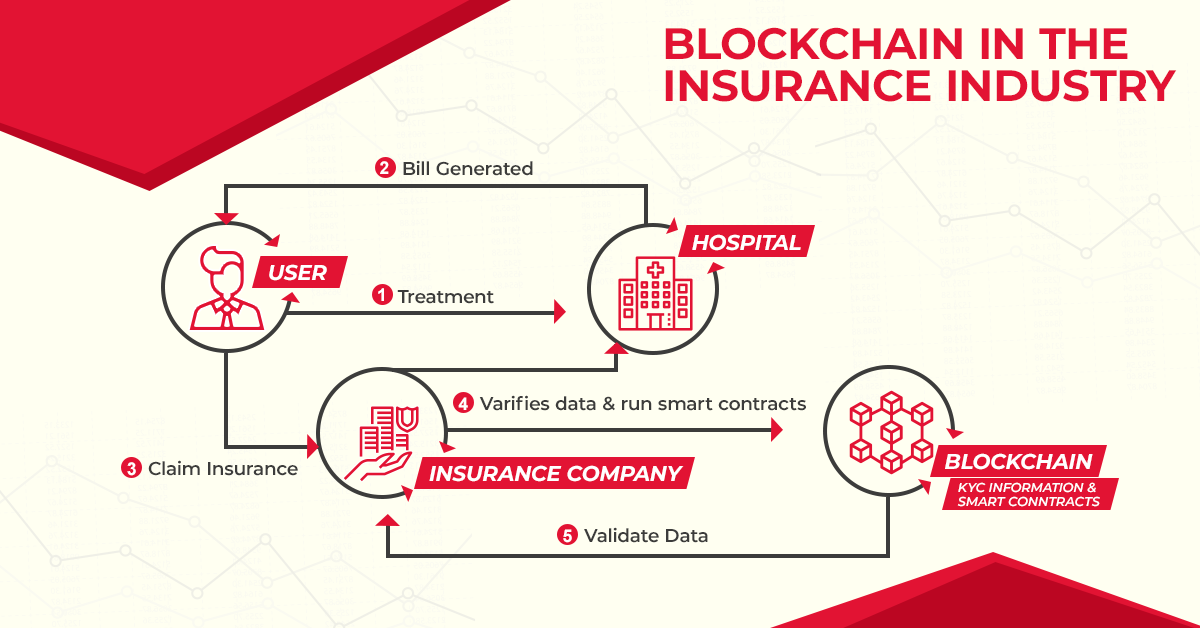
For more information on how Blockchain influences insurance practices in real-time check: click here
3) Supply Chain Logistics
Much of today’s commerce involves transferring goods
and services from a producer to one or more intermediaries until they finally reach the consumer. This commerce structure is commonly called a supply chain.
Supply chains generally consist of multiple separate commercial organizations that work as partners.
For supply chain tracking, blockchain technology offers some unique benefits:
✔ Traceability: Full audit trail of data throughout the supply chain
✔ Compliance: Single, time-stamped, tamper-proof source of data
✔ Flexibility: Real-time rule-based verification of multi-party confirmations
✔ Reliable transactions: Trusted digital signature-based peer-to-peer interactions
For more information on how Blockchain influences supply chain practices in real-time check click here.
4) Pharma
In the ongoing COVID-19 crisis, the global supply chain infrastructure was massively hit along with the essential services like pharma and medical supply.
Given the current time’s critical nature, implementing Blockchain to the pharmaceutical delivery networks will improve the efficiency and cut the compliance and traceability significantly. The Healthcare industry, especially the pharmaceutical industry, generally has complex and pedantic compliance regulations essential to maintain quality standards. Implementing Blockchain in your business process will help keep the quality check without any setbacks that come with executing other new technologies.
Like the supply chain application, Blockchain has proven itself revolutionary in eliminating counterfeit drugs. Introducing the Serial token system for drugs that are dispatched will help track all the medicines in circulation; it will also help identify expired and prevent counterfeit drugs from entering the market.
For more information on how Blockchain influences pharma practices in real-time check, click here.
It’s time to upgrade your workforce to Blockchain for an efficient future
Since the time of its advent, Blockchain has continued to turn heads, gain credibility and popularity. As surveyed by SAP, 92 percent of business leaders viewed Blockchain as an opportunity.
Irrespective of which industry you are currently working with, Blockchain will be an integral part of multiple industries in the next few years. And as proven by many industry veterans, adapting Blockchain into your workspace will exponentially improve overall efficiency and profits by building a reliable infrastructure for your business.
But while the demand is surging as much as 33-fold in a year, the available talent lags. Leading research houses cite that over 6000 blockchain professionals are required among 100,000 IT professionals to get into the IT industry each year. (Source)
The following illustration helps better understand how Blockchain will impact various industries:
Together, we can create a new online learning paradigm
At upGrad Enterprise, we are obsessed with learners’ success. It’s not just about them completing the program; it’s about strengthening their core concepts and providing exposure to the latest software development tools to keep adapting to the changing tech landscape. Our unique human-assisted learning experience, best-in-class mentors, access to the industry experts, and our alignment with the most renowned academies mean that your employees will not learn in isolation. And when you combine that with our best-in-class AI to keep the learners engaged, our industry-defying rates of over 85% course completion will not surprise you.
To date, over 500,000 learners have been successfully deep skilled via upGrad at industry-defying rates of over 85%. Our cutting-edge curricula and collaboration with the leading global faculty and industry experts make us the pioneers in helping enterprises create a workforce that is ready to conquer tomorrow.
Still, need convincing? Download the brochure.
Blockchain Brochure
Or reach out to us on enterprise@upgrad.com

